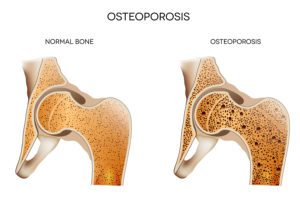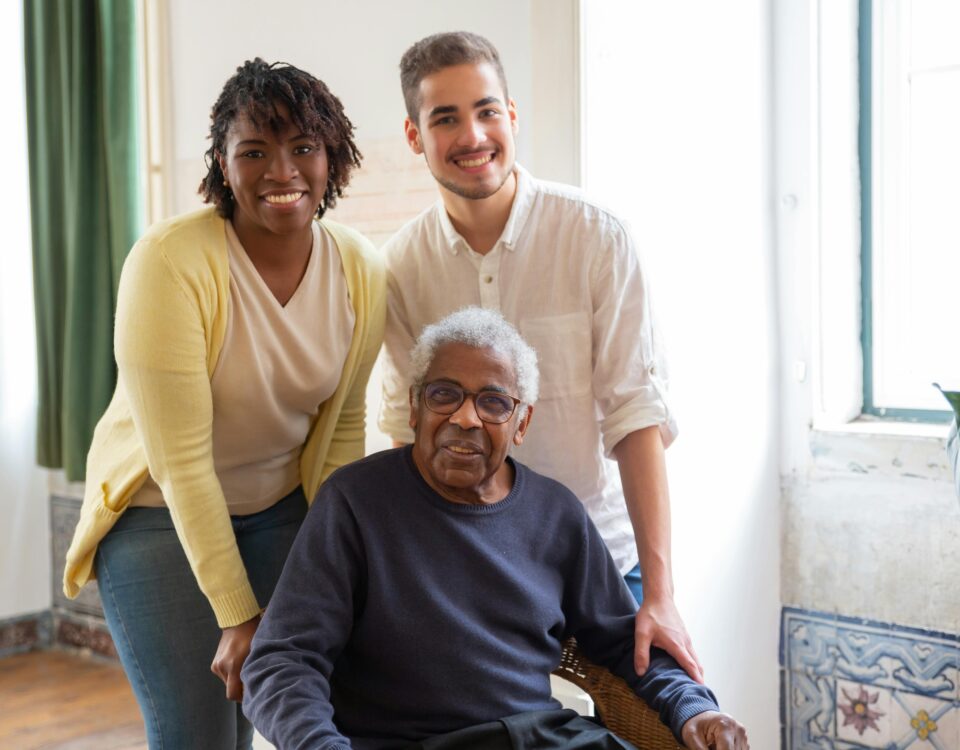What You Should Know About Osteoporosis

Seven Diabetic Superfoods to add to your Parent’s Diet
March 13, 2017
Is Your Elder Loved One’s Sleep Environment Keeping Her Awake?
March 27, 2017What You Should Know About Osteoporosis
Whether you have been caring for your elderly loved one for some time or you have just started your caregiver journey with them, one issue that you have likely heard about frequently is osteoporosis. This condition can be dangerous for your elderly parent and may require special attention and care to help them remain safe and healthy but also support a lifestyle that they can enjoy. Knowing as much as you can about this condition is an important first step in creating a course of care and management that is right for them.

Homecare Huntington Beach CA – What You Should Know About Osteoporosis
Some things that you should know about osteoporosis include:
• Approximately 200 million people throughout the world are currently living with osteoporosis.
• 10 percent of women aged 60 to 69 have osteoporosis.
• 20 percent of women aged 70 to 79 have osteoporosis.
• 40 percent of women aged 80 to 89 have osteoporosis.
• 60 percent of women aged 90 and above have osteoporosis.
• Nearly 9 million fractures occur each year that are linked directly to osteoporosis.
• 51 percent of all fractures that occur as a result of osteoporosis occur in the Americas and Europe.
• 30 percent of women over the age of 50 will experience at least one osteoporotic fracture.
• 20 percent of men over the age of 50 will experience at least one osteoporotic fracture.
• A loss of bone mass in the vertebrae of 10 percent doubles the risk that that person will experience a fracture in the vertebrae.
• A loss of bone mass in the hip of 10 percent increases the risk that that person will experience a hip fracture by 2.5 times.
• The combined risk of vertebral, hip, and forearm fractures is equivalent to cardiovascular disease, at 40 percent.
• Suffering from one fracture increases the risk that that person will suffer another fracture by 86 percent.
• Osteoporosis causes more days spent in the hospital among women over the age of 45 than a wide variety of health complications, including breast cancer and diabetes.
If your aging parent is at increased risk for osteoporosis or they have been diagnosed with this condition, starting homecare for them can be a fantastic way to encourage them to continue living an active, engaged, and fulfilling quality of life while managing their condition. This homecare provider can work with you to create a highly personalized approach to their care, support, encouragement, and assistance that helps them to not only deal with their condition, but keep their body healthy and safe, and keep pursuing the independent and enjoyable lifestyle that they desire and deserve.
This can include helping them to understand the risks that they face as well as the instructions that were given to them by their doctor, and then offering reminders to help them stay compliant and make the best lifestyle choices for their needs. Especially if you are a distance caregiver or your schedule is busy and you are not able to be with your parent as frequently as you want to, this can give you peace of mind knowing that they are getting the care that they need, are staying active, and are remaining safe.
Sources: https://www.webmd.com/osteoporosis/guide/osteoporosis-risk-factors
https://www.mayoclinic.org/diseases-conditions/osteoporosis/symptoms-causes/dxc-20207860
https://www.cdc.gov/nchs/fastats/osteoporosis.htm
https://www.iofbonehealth.org/facts-statistics

